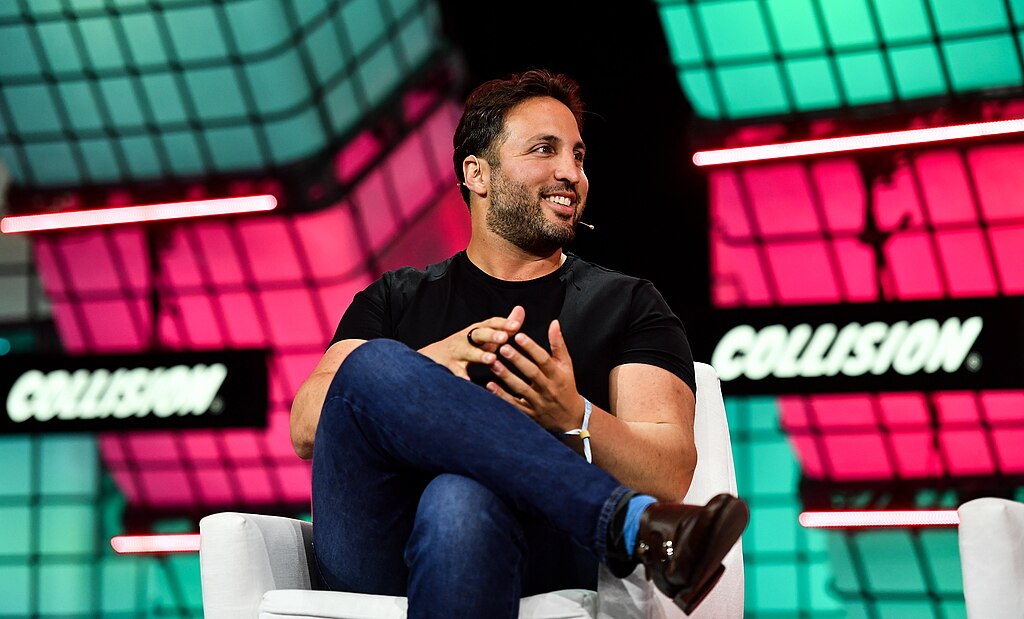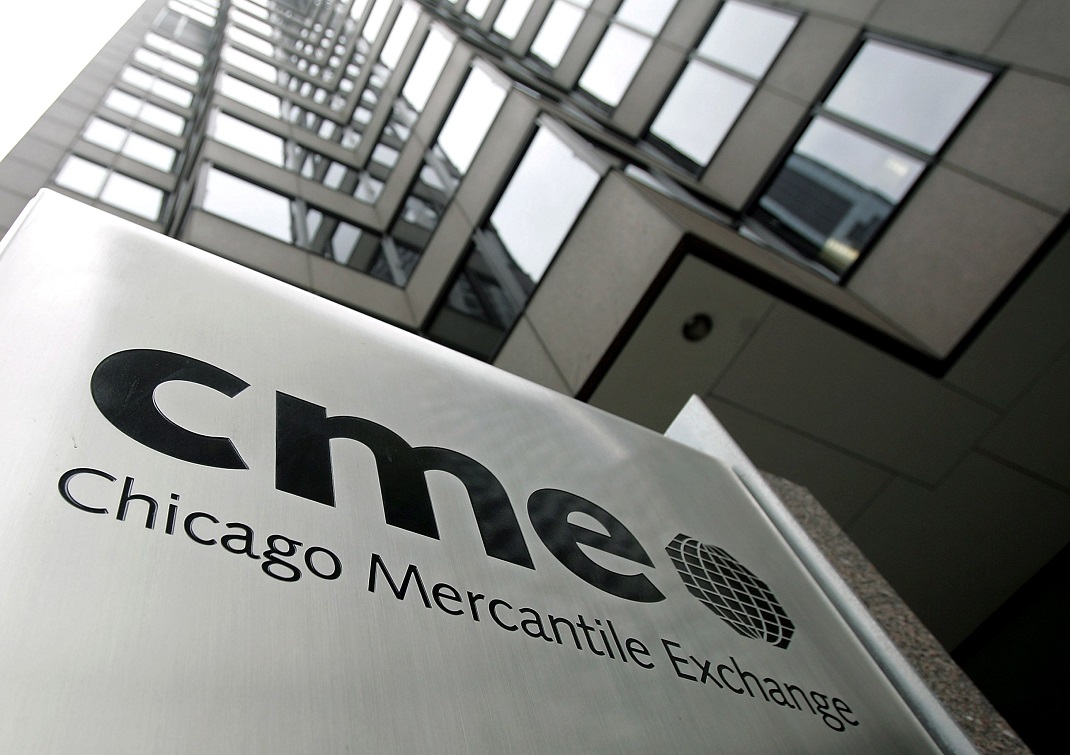In a move that highlights the challenges faced by fintech that wish to make inroads into the financial industry, stock and digital asset trading startup Robinhood had voluntarily withdrawn its bank charter application with the Office of the Comptroller of the Currency, CNBC reported.
Founded in 2013, Robinhood offers commission-free trading in stocks and cryptocurrencies. It is also going to launch Cash Management, a new feature which will give more flexibility to customers with their money.
“With Cash Management, your uninvested cash is moved to program banks that pay you 2.05% APY as of October 8, 2019. Uninvested cash is money you have in your brokerage account that you plan to invest, but haven’t yet invested or spent. Interest is paid every month, on every penny,” Robinhood explains.
In May, the startup also introduced its trading app in New York, after it was granted BitLicense and money transmitter license by the Empire State earlier this year. In July, Robinhood secured $323 million in a recent Series E funding round, which positioned the company at a $7.6 billion post-money valuation.
The California-based company had submitted its bank charter application earlier this year. A source familiar with the latest development said that the withdrawal of the application does not reflect a change in Robinhood’s product plans.
“Robinhood will continue to focus on increasing participation in the financial system and challenging the industry to better serve everyone,” a Robinhood spokesperson told CNBC. “We appreciate the efforts and collaboration of all the parties we worked with throughout this process.”
This, however, is not the first time that a firm has withdrawn its application from a regulator. Social Finance withdrew its bank application in 2017, The Block reported. More recently, blockchain firm Lykke voluntarily renounced its CySEC license. The reason for withdrawal, however, is not known.

























Comment 44